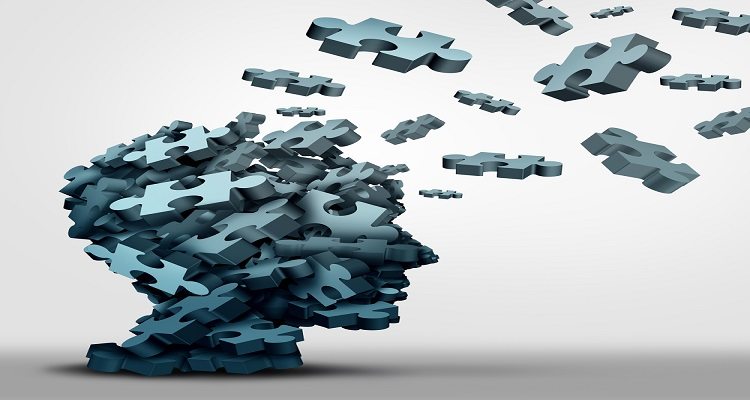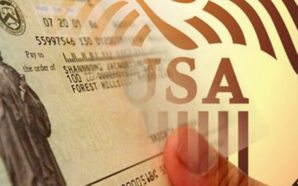Qualifying for Mental Disability Benefits

The Social Security Administration awards physical as well as mental disability benefits. According to statistical data published by the SSA for 2016, more than 65% of all 10.15 million disabled beneficiaries are being given mental disability benefits. In 2013, this number was 35% of the total.
Types of Mental Disabilities Listed in the Blue Book
Mental disabilities are classified into nine categories by the Social Security Administration and the Blue Book specifies the criteria for eligibility for each of those categories (and the conditions under each of those categories):
- Affective Disorders
- Anxiety Disorders
- Autism and related disorders
- Mental Retardation/Intellectual Disorders
- Organic Mental Disorders
- Personality Disorders
- Psychotic Disorders, Schizophrenia and Paranoia
- Somatoform Disorders
- Substance Addiction

Medical Vocational Allowance
This is not an exhaustive list of mental disabilities and the SSA acknowledges this. The Blue Book is constantly updated so that the most recent medical conditions and treatments are listed.
If your mental disability is not listed in the Blue Book, but you are still severely disabled, you can still qualify for mental disability benefits under the medical vocational allowance clause.
A medical vocational allowance necessitates a thorough examination of all your medical records. The SSA will also assess your Residual Functional Capacity, that is, whether you have the ability to work despite your disability.
Qualifying for Mental Disability Benefits
To be able to qualify for mental disability benefits, you first need to establish that you do, in fact, have a mental disability that is either permanent or long term. A disability qualifies as long term if it is expected to last, or has already lasted, more than 12 months.
Another criterion for qualification is whether you are unable to participate in Substantial Gainful Activity. The SSA defines a substantial gainful activity (SGA) as the ability of a person to work and earn a certain sum of money every month, despite his or her disability. That sum was updated to $1,180 for non-blind disabled individuals and $1,970 for legally blind people. You need to provide evidence that your mental disability prevents you from being able to the job you used to before the onset of your illness.
The last thing you need to prove is that because of your mental disability, you are not only incapable of working in your old job, but you are also incapable of doing any other work. Other acceptable reasons are your age or education which prevent you from getting any other jobs.
Episodes of Decompensation
One key factor that your Disability Examiner will look for is evidence of episodes of decompensation. When you suffer from a mental disability, there are times when the treatment you get is effective and you are able to function at a certain level of efficiency. However, there are times when that previously effective treatment doesn’t work any more. Because of the failure of the treatment, you mental condition worsens and you are no longer able to function normally. These periods when the treatment fails and your condition deteriorates are called “episodes of decompensation”.
When assessing your eligibility for mental disability benefits, the SSA will want to confirm that episodes of decompensation (caused by stress, a worsening of your mental condition or fatigue) are so severe that you are genuinely not able to function properly or engage in SGA.
Which program will you be eligible for?
The Social Security Administration runs two disability programs – the Supplemental Security Income program and the Social Security Disability Insurance program. Depending on your circumstances, you may qualify for mental disability benefits from either one or both of the programs. Here are the parameters that are used for assessing which program you would be eligible for:
- Income level: In you have little or no income (you fall into the Low-Income category), then you may qualify for SSI mental disability benefits
- Work Experience: If you have been working long enough to have accumulated the required number of work credits then you would qualify for SSD mental disability benefits
- If your income level is currently low and you have enough work credits, then you can actually qualify for and receive mental disability benefits from both programs.











